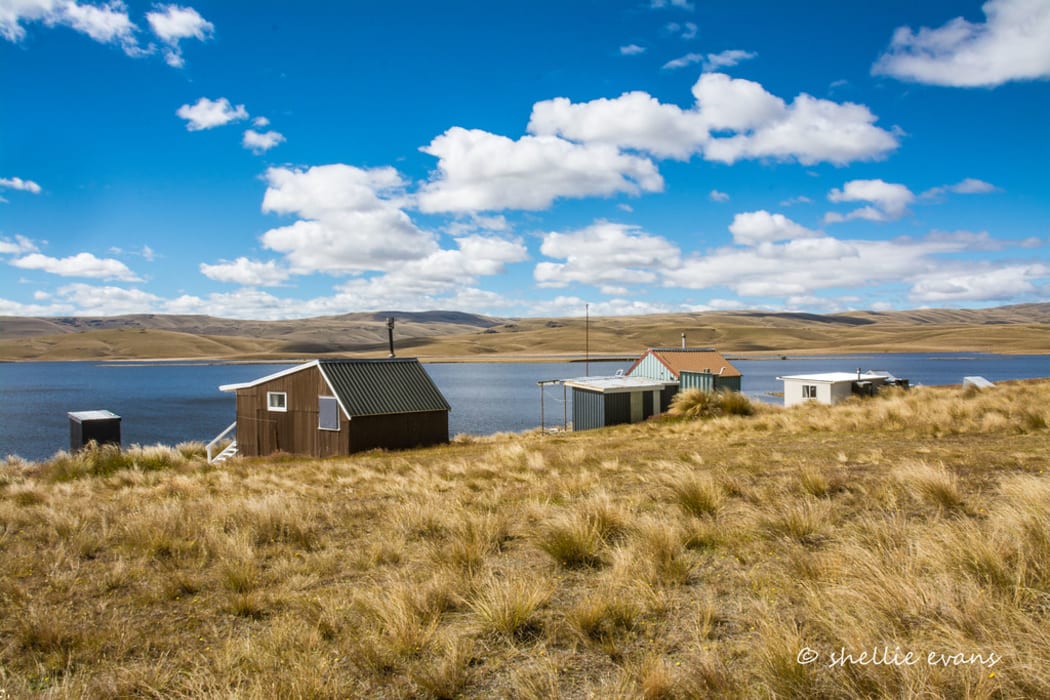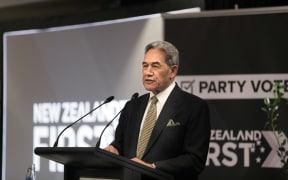Stakeholders in the electricity industry say its probably not worth the investment to build a large hydro storage scheme in order to service the odd time the country has a lack of electricity.

Lake Onslow. Photo: Flickr / Shellie Evans
The government is spending $30 million on an investigation into renewable energy projects including a hydro scheme at Lake Onslow in Central Otago which would solve the problem of dry years and the irregular supply of renewable energy sources.
Currently, when the country is running low on energy, coal and gas is used to fill the gaps in supply when hydro and wind cannot meet demand.
The proposed scheme in Lake Onslow would pump water into a storage lake to manage peak demand.
Engineer Dr Dougal McQueen said multiple smaller schemes would work better.
"If we don't have the need for a dry-year storage, and we've invested in it, then of course it's going to become the white elephant in the room and the Onslow scheme isn't where the need is, which is in the North Island."
Sustainable Energy Forum spokesman Steve Goldthorpe said it's great more renewable energy is being investigated but the scope of the Lake Onslow scheme doesn't make sense.
"Storing water just for use on occasion, two or three times a year at most, seems to be an awful lot of expense for little return, so using it for that sort of battery capacity seems a little unusual."
"Using Huntly Power Station as a back-up and for emergencies could make more sense rather than it competing in the market, but the government needs to work out the cost per tonne of CO2 emission reduction," he said.
But professor of Hydrology at The University of Waikato Earl Bardsley said the scheme won't just sit there waiting for a dry day.
"It will be in constant motion because on an hour-by-hour basis it will be buffering the fluctuating wind power and on a seasonal basis it will contributing to smoothing out the seasonal variation.
National's energy and resources spokesman Jonathan Young said the Productivity Commission looked into the Lake Onslow idea in 2018 but found it didn't make sense economically and found the project would struggle to get through the resource consent process.
He agreed there were better options.
"There's a lot more scope for geo-thermal to be developed and if we had that in the central plateau region we would be closer to the demand which will make it more affordable for the consumers who won't have to pay huge transmission costs from the bottom of the South Island."
The government's claim the hydro project would reduce electricity costs don't stack up, Young said.
"If we are going to spend $4 billion on our electricity system, then someone is going to pay for it. If it's not going to come from higher electricity prices then it will come from the taxpayer."
Energy and Resources Minister Megan Woods said the investigation will assess smaller potential pumped storage options in the North Island as well as other alternative technologies.




